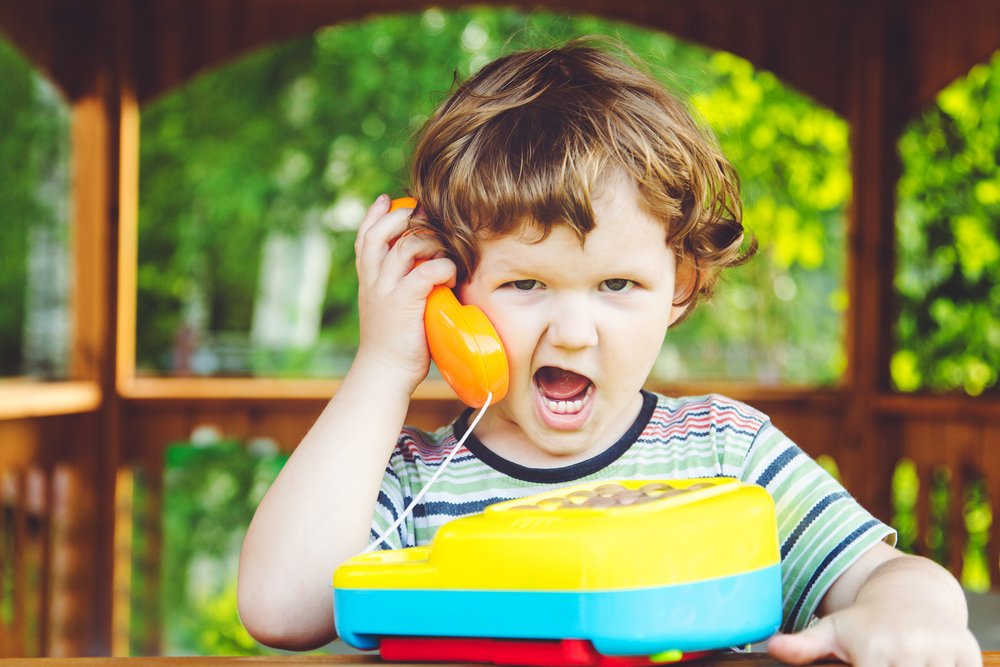Key points:
- Language development in early childhood involves exposure to language and the natural emergence of grammar rules.
- Overregularization is the most common grammar mistake made by toddlers when learning new rules, causing them to apply rules to irregular verbs and plurals.
- Exposure to language through parent-child interaction with stimulating parents can enhance the acquisition of irregular nouns and verbs, resulting in longer utterances over time.
In early childhood, language develops step by step. Some of it will emerge naturally, but for this to happen children have to be exposed to language in the first place. We’ll explain a little bit about some of the most common mistakes kids make and how to help them out.
A Harvard Professor of Psychology, Steven Pinker, analyzed spontaneous speech in toddlers. He was able to identify one specific grammar mistake as the most common: overregularization. He concluded that when your little one is learning new grammar rules, they can experience overregularization and transfer it to other words. For example, when they learn to add “-ed” to conjugate verbs and form the past tense, they transfers it to irregular verbs as well, ending up with phrases like “I builded a house” or “You readed it wrong”. When you repeat this to them, for example: “I readed it wrong?”, they will notice the mistake and think it’s silly for you to speak that way, which means they do know the correct use of the word. The overregularization can also happen with plurals. When your child learns to add “-s” at the end of a word, they can apply it to irregular plurals as well, saying “two foots” or “two mouses”.
Your little one has many irregular verbs stored in their memory, but at first their retrieval of these might fail. To accomplish a successful retrieval, they need repeated encounters with the word. They might overregularize more with verbs that you use less often. The mistakes will decrease once they are more exposed to them.
Another study on language acquisition analyzed the parent-child interaction between 8 and 30 months. Researchers studied the expressive vocabulary that the toddlers had acquired. Results showed that children with stimulating parents were reported to use more irregular nouns and verbs, in addition to having more rapid rates of acquisition of irregular forms and longer utterances over time.
We can conclude that exposure to language is key and that common grammar mistakes are part of the process of acquisition. What kind of mistakes will you be able to witness?
- Overregularization: This is the type of mistake Steven Pinker referred to, when your child learns a new grammar rule and applies it to other words that don’t fit the rule.
- Overextension: It consists of your little one choosing a word and using it to label several objects in their environment. For example, using the word “friend” to refer to a child they play with at the park, and then reproduce it when meeting a puppy or the nice lady at the supermarket.
- Underextension: When your little one acquires a word and fails to extend it to other objects. For example, if they call their stuffed animal “puppy” and fail to identify a real puppy with the same label. According to the studies we mentioned, this can be less frequent.
These mistakes fall into the normal process of language acquisition. Your little one will follow their own pace and, one step a time, they will accomplish many language milestones, like the use of irregular verbs and plurals. Be patient with your little one and model the correct use of language for them so that they can master a vast vocabulary and an easier retrieval. Talking to them will go a long way!









2 Responses
Some grammar mistakes that children make because they do not know the rules are so funny and hilarious. Exactly because they say it for the first time without knowing the right word and making sentences as they think it will be right.
Of course, I understand how important it is to correct them in time and not to allow mistaken words to enter their vocabulary. And I think that conversations with a child help a lot. In any case, everyone makes mistakes and it’s normal.
Hi Marianne! Thanks so much for your comment =)